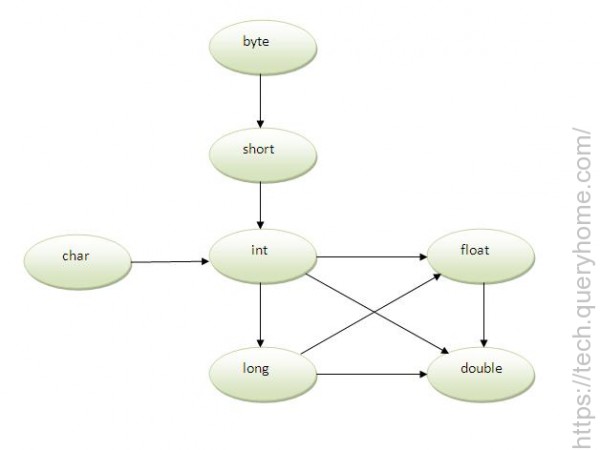 Method Overloading in Java
Method Overloading in Java
Method Overloading is a feature that allows a class to have more than one method having the same name, if their argument lists are different. It is similar to constructor overloading in Java, that allows a class to have more than one constructor having different argument lists.
Advantage of method overloading
Method overloading increases the readability of the program.
There are two ways to overload the method in java
- By changing number of arguments
- By changing the data type

1. Method Overloading: changing no. of arguments
In this example, we have created two methods, first add() method performs addition of two numbers and second add method performs addition of three numbers.
In this example, we are creating static methods so that we don't need to create instance for calling methods.
class Adder{
static int add(int a,int b){return a+b;}
static int add(int a,int b,int c){return a+b+c;}
}
class TestOverloading1{
public static void main(String[] args){
System.out.println(Adder.add(11,11));
System.out.println(Adder.add(11,11,11));
}}
2. Method Overloading: changing data type of arguments
In this example, we have created two methods that differs in data type. The first add method receives two integer arguments and second add method receives two double arguments.
class Adder{
static int add(int a, int b){return a+b;}
static double add(double a, double b){return a+b;}
}
class TestOverloading2{
public static void main(String[] args){
System.out.println(Adder.add(11,11));
System.out.println(Adder.add(12.3,12.6));
}}
Please go through this video:
